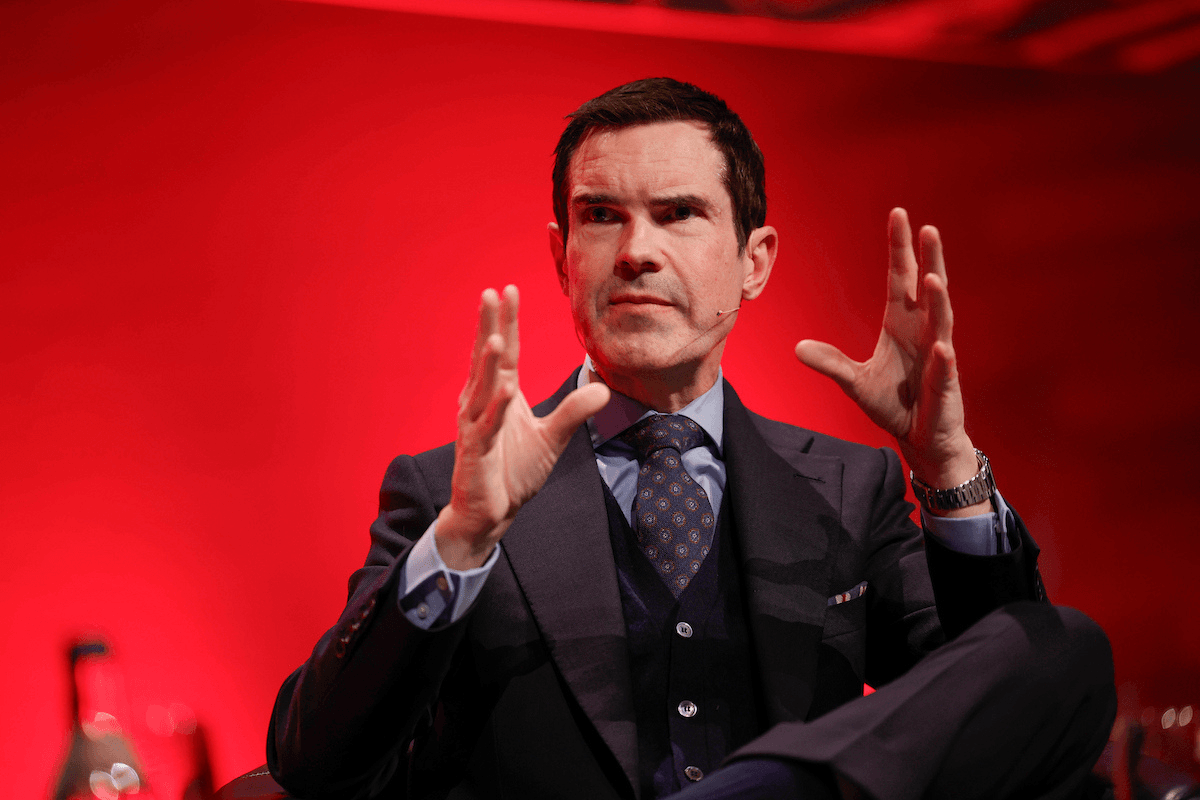Those who find themselves helping others often forget to help themselves. Pendulum favourite Lisa Nichols speaks about the steps she took to overcome her own personal demons, and to rise above the challenges which she faced, all whilst being seen as a motivational speaker and CEO. A person’s physical and mental health is fundamental, one must be happy and content in their own lives in order to make a meaningful difference to others. Lisa discovered this in a time of shame and desperation. She followed these 8 steps to overcome these feelings of depression and they helped her regain control of her life, increasing her confidence and success.
1. Recognize where you are.
A powerful life is compartmental: You can be completely effective in one area, yet a hot mess in another, just like I was. When you’re in breakdown, you aren’t necessarily completely dismantled, hair disheveled, or two steps away from wearing a white gown that ties in the back. You may still be putting on your makeup everyday, producing great results, and having others admire your work all day long. So how do you know whether a particular area of your life is in breakdown? You begin by asking yourself this question: Does thinking about this area give me energy or drain me? For instance, when you think about your credit score, your relationship with your spouse, your cluttered garage, or your health, do you feel invigorated or depleted? If it’s the latter, that area of your life is in breakdown.
2. Rate yourself.
Sit down with a piece of paper and list out these seven environments of your life: 1) Relationships (with your spouse or partner, your family, and your close friends); 2) Financial; 3) Connection to nature; 4) Network (with colleagues and casual friends); 5) Physical environment (your surroundings); 6) Body (your health); and 7) Spirituality. On a scale of 1 (you’re in complete breakdown) to 5 (you love it!), give yourself a clear rating in each area. Ask yourself: Is it okay for me to live like this for the next 10 years? If the answer is yes, then it’s a 4 or a 5—you’re trending in the right direction. But if you’re simply tolerating an area of life, that’s a 3—it may not be in ICU, but it’s still in the hospital. The idea is to move every single area of your life from breakdown (1 or 2) and toleration (3) to absolute joy (4 or 5). If you’re simply putting up with your wrecked finances, your sexless marriage, your lack of closeness with friends, here’s the reality: It will become less and less tolerable over time. And everything you tolerate is taking your energy away from the bliss you could be creating.
3. Get clear about what’s driving you.
In every area of your life, are you running toward abundance and joy, or are you trying to outrun failure? It’s important to distinguish that. Are you building relationships because you want more love in your life, or because you don’t want to be alone? A fear-based motivation will not last. So what will last? Moving toward possibility.
4. Unpack your fear.
Let’s say you want to launch a new business but you have a fear of failure. Go ahead and ask yourself, “What will happen if I start this business and it doesn’t work out— then what will I do?” Let yourself answer your worst-case scenario: If your business flops, you’ll lose money. You’ll lose time. And what will you do? You’ll make more money—and you’ll either regroup with the benefit of experience, or you’ll go in an altogether different direction. Your real friends will support you in starting again and love you no matter what. When you break down each of your fears with answers based in logic rather than in emotion, you may notice something: Your fear may start to seem silly to you. Minimize your fear into the nothingness that it always was and is.
5. Make a “to-done” list.
Think back over the last 3, 5, or 15 years. What are you proud of? What have you done well? On a sheet of paper, write this heading “I have already…” and then finish that sentence with your accomplishments. Maybe you’ve already started an awesome career, made a health change, or been a great parent. Yes, you’ve got a long way to go–but you’ve also come a long way. The largest room in the world is the room for more improvement. Rather than starting from deprivation, start from celebration—it’s a far more powerful place to begin. You’ve done so many things right! Acknowledge that.
6. Begin with the end in mind.
You need to know what the finish line actually looks like so that you can celebrate when you cross it. Take a moment to review your list of the seven areas of your life. What would success look like in each of these areas of life? Picture it. Break it up into milestones. Write them down. Your goal may be to meditate for 30 minutes a day—so start with five minutes a day and build from there. Or if you’re living in debt and have no money in the bank, for instance, and you want to create prosperity, then one milestone may be to develop a working budget that trims your spending; another may be to negotiate your debt down by calling up creditors. And your finish line? Perhaps it’s to have enough savings to cover your all of your living expenses for a year. Or maybe you want to root your financial goals inside of intangible goals—like having enough money to create great vacation memories with your family. Be very specific about the dollar amount, the milestones, and the timeline. This is how you set yourself up for micro wins—and those build into macro wins.
7. Shift your mindset.
Pay attention to your thoughts and conversation around each area of your life. I’ve heard women say, “I’m just trying to make it to the end of the month.” Really? Is that what you want? Or, “I’ll never find a good man.” To turn a breakdown into a breakthrough you need more than just an Aha moment—you need a paradigm shift in which your limiting beliefs fall away. Your mindset—what you think about, repeat to yourself, and profess out loud—will become your reality. You can go on all the dates you want, but if you ultimately believe there’s no one left in the world for you, then guess what? That’s exactly what will be true for you. Replace your old belief with a new proclamation—like “I am on the path to finding a magnificent person with whom I can share my life.”
8. Get moving.
We can map out a plan for breakthrough, meditate on it, pray over it—but action is what actually produces change. Joan Bauer once said, “Action is the antidote to despair”— and I’ll add that “action is the prescription for success.” You don’t get a six-pack by watching other people do crunches; you get down to work for yourself. If financial prosperity is your goal, can you become aggressive about finding new ways to generate income? Is there a skill set that you already have or are willing to develop that could become another revenue stream? Or, if a better work-life balance is what you want, what career shift can you make to create more time for yourself—and how you can set up a budget that will make that possible? Or, maybe you want more frequent in-person time with your mate, your children, or your friends. How can you rearrange your calendar and become intentional about scheduling that time? Don’t just make a list—get busy making your list happen day by day.
Don’t forget to take a breath and take time for the most important person in your life, yourself. In the words of Nichols’
“Breakthroughs are not something you can Google download. Ahas come in an instant, but life change comes through daily action. Repetition is how you build your muscle and move yourself forward a step a time. Here’s what I know: That kind of momentum is possible in every single part of your life. Don’t settle for good enough when you deserve extraordinary. Look at a breakdown as the doorway to your next life breakthrough.”
Every challenge sparks an opportunity and a chance for you to prove your worth to yourself and others. Don’t shy away from it.








